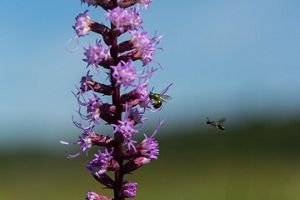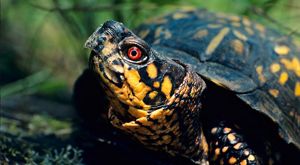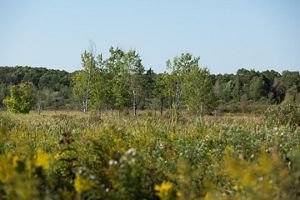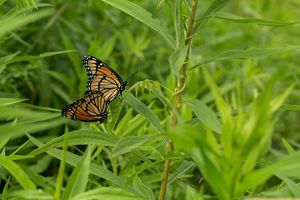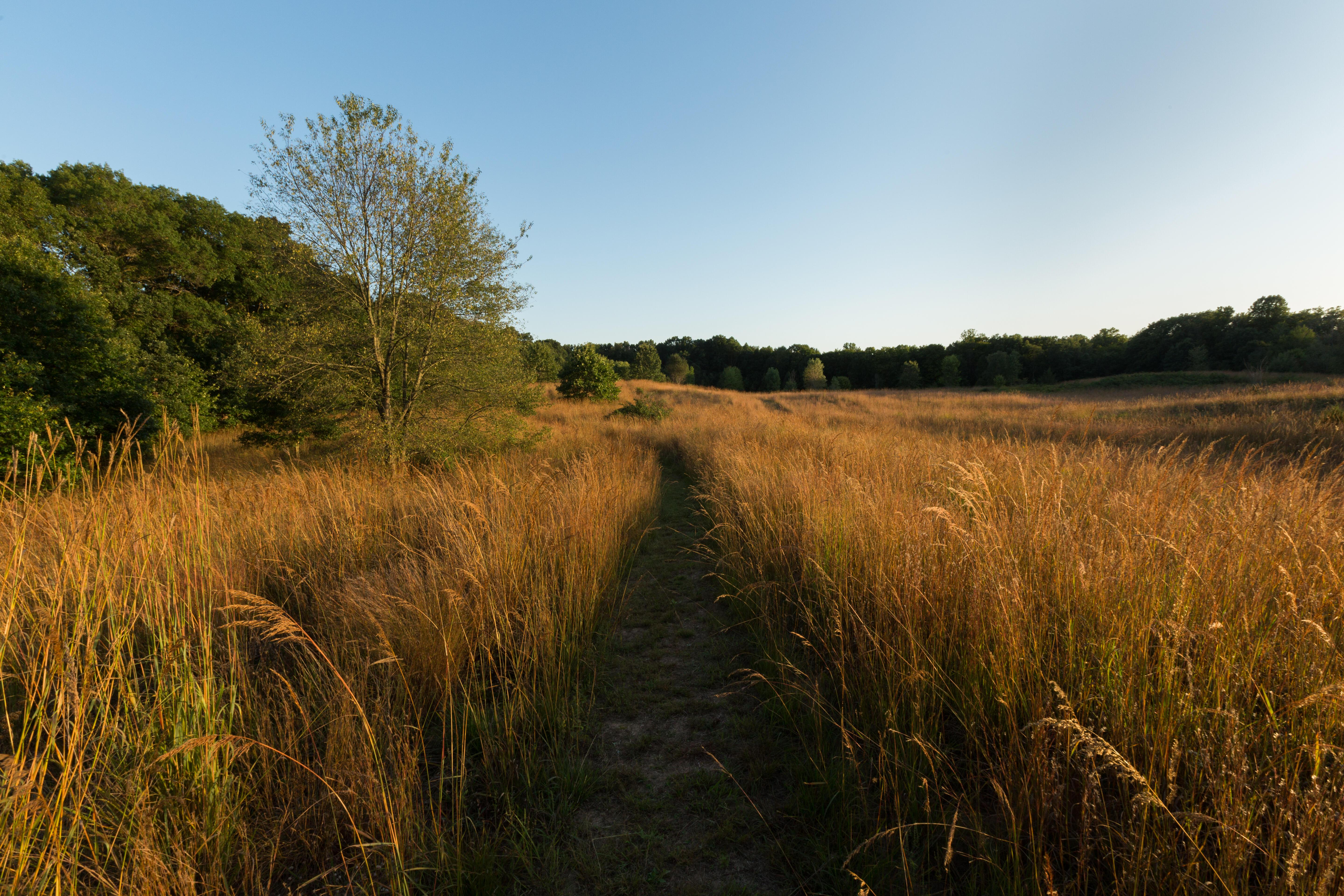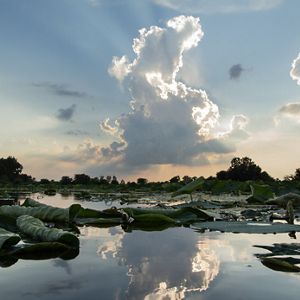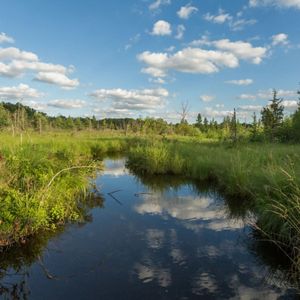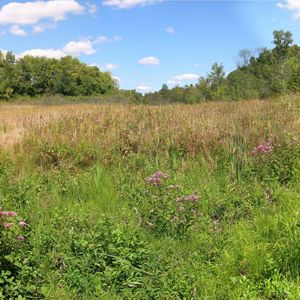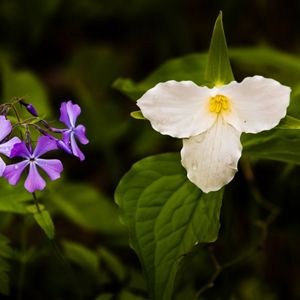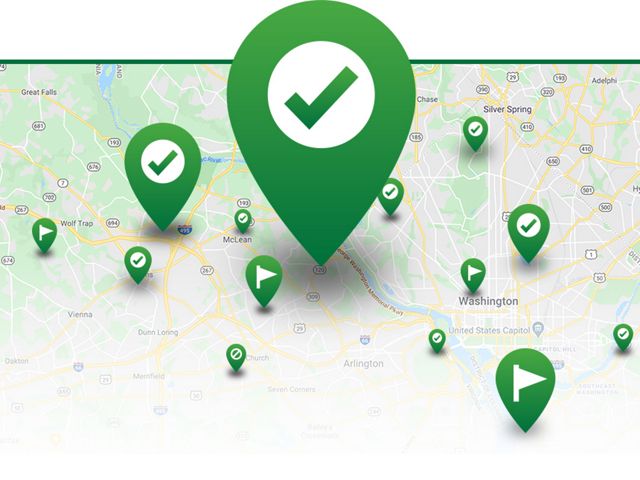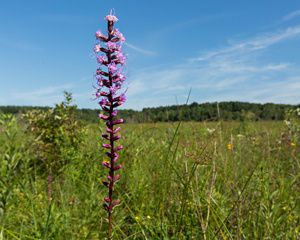Description
It's no coincidence that the Paw Paw River watershed is also known as Michigan's "Wine Country." The temperate climate, fertile soil and nearby river create idyllic conditions not only for vineyards, but also for land rich in biodiversity.
Notice the migration of songbirds during the fall months. You are most likely to catch them on their way south during August and September. Those with patience might spot species such as the eastern box turtle or an eastern massasauga rattlesnake.

